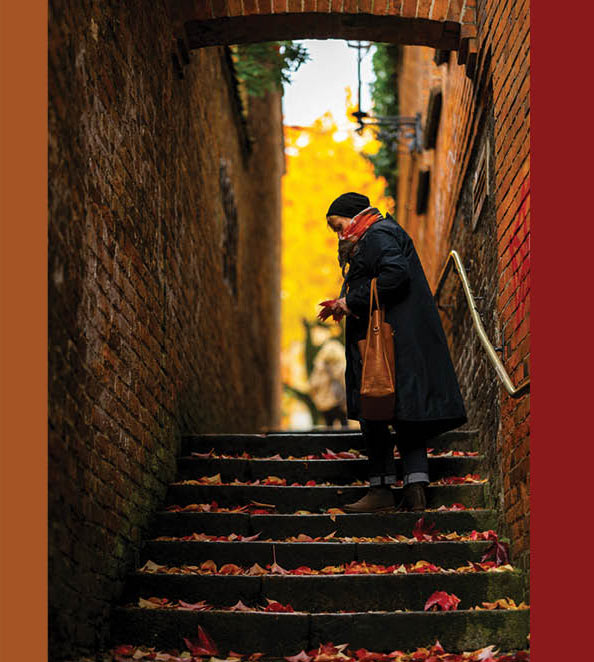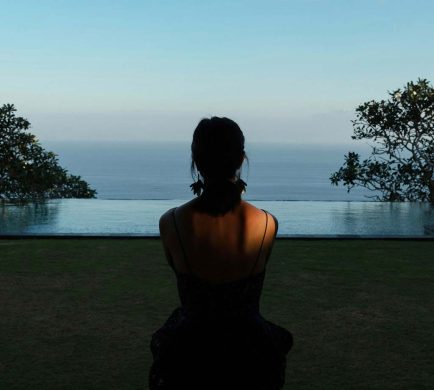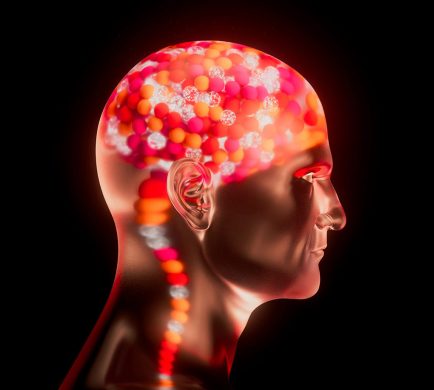Aging is no accident.
It is necessary for the human condition,
intended by the soul.
What does it mean to triumph in old age? How can we be triumphant, you may ask, when we are beginning to dissemble before death claims us? Energy diminishes the many career-related, social, and domestic activities we did not question earlier. Unlearning the ways we functioned in our youthful years and changing our mindset to fit our current circumstances becomes arduous and sometimes impossible. We are also more prone to physical and mental ailments. Our ambits decrease, some high-maintenance friendships and family relationships become unsustainable, fall away, and our social Life shrinks. I do not know, for example, how I will feel the next day, so rapid the alternating of good day and bad day has become: a day of the old energy followed by a day or two of inability, unwillingness, and incapacity to extend myself beyond my limits or even get much of anything done. My walks, which are so central to my mental and physical well-being, are becoming infrequent due to a painful knee. I am reluctant to make appointments to meet friends or make only tentative ones with old friends who are in the same boat as me, so either party is free to cancel should the day bring a slump. The pandemic has also made us fearful of social gatherings. Increasingly, our lives become circumscribed and inner.
I am also frequently beset with sudden downturns and depressions. I often fail to triumph when age-related issues besiege me. I am still hagridden by The Dark One, my mournful shadow self. Though much diminished in intensity with the practice of self-examination, she returns, mainly when I have foolishly tired myself beyond my capacities or when I am unwell, weakened, and incapable of checking the destructive thoughts that spiral me down to despair.
So, how can we be victorious and successful despite aging and death? How to deal with the aging syndrome and how to keep it from crippling us have become the central questions now.
Aging, its many early, middle, and ending phases, is one of the most challenging periods of our lives. Unpredictable plummeting of our health, fears and anxieties about aging must be acknowledged, faced, expressed, and shared before they can be dealt with. We will have moments and days when aging sucks and others when some youthful energy returns. But the practice of new perspectives and behaviors, acceptance of what we cannot reverse or change, flexibility to adapt to changing circumstances, resilience, self-forgiveness, self-reliance, compassion, and unconditional love for ourselves and those in our lives can help us tide over and endure difficult days and reduce their duration.
If we want to become the radiant ones despite our increasing handicaps, despite our physical and mental decline, we have to practice strategies to lead the good Life. “The good life,” Socrates says, “is a life that questions and thinks about things; it is a life of contemplation, self-examination, and open-minded wondering. The good Life is thus an inner life, the Life of an enquiring and ever-expanding mind.”
Living the Good Life, as Socrates taught us by precept, includes an awareness and acceptance of death. Socrates himself joyously quaffed the hemlock when it was time for him to die. And in the interim between his death sentence and his execution, he prepared for it. I rather think he prepared for it all his Life because wise men are wise because they look at Life through the lens of death and thereby find it meaningful, miraculous, awe-inspiring.
We don’t know when or how we are going to die, but we have to prepare for it while living fully and doing all we can to prolong the precious gift of Life.
It is never too late to begin living the good Life. In fact, it becomes a necessity as we age. As our metabolism and mobility decrease, as the future gets closer, we have to light the fire of the inner Life, contemplate, question, observe, wonder at the greater Life which birthed us and in which we are embedded, reflect on our personal history, and further back, on our origins, the Source of all existence, and forward to whatever might await, with hope, if not joy at returning to what Rumi calls the ‘Invisible,’ from which we came.
Having worked all our lives, we now have the leisure to pursue and embark upon the ultimate adventure of our lives, the one Guru Nanak calls ‘the pilgrimage to ourselves.’ This image defines us as temples.
To live the good Life, we have to follow some rules. The first among them is the willingness to cultivate the ability to question our erroneous perceptions and expectations of Life, to see the value in doing so, and its contribution to happiness. The old, youthful lenses through which we look at and experience Life are fogged by a cataract, and we need to discover and invent new ones with which to view our daily, hourly, changing circumstances. This cultivation takes discipline, time, commitment, and easy, flexible goals, and it proceeds slowly. If we move along with it just as slowly and synchronize our tempos to its rhythms, we will have an easier time of it. Patience and the longing to have a Way, a path to follow when our vocations and bodies begin to fray, people we know and love fall away, the need for a way to be calm, have gainful, meaningful engagement, an adventure to go on in the evenings of our lives, to discover a passion that will become the backbone of our crumbling existence and will prop up both our bodies and our spirits, will see us through.
Examples from my own Life will show that living the good Life is hard work. A great deal of housekeeping needs to be done. There is much to get rid of, keep, take care of, maintain, learn, unlearn, and be vigilant about.
But love and desire to lead the good Life can tide us over the difficulties of aging. Living is made easier with ‘open-minded wondering,’ patience, devotion, and surrender. We can, with love and respect for, and awe of, ourselves, people, the ways of the world, and our own lives as they have unfolded, follow, however haltingly and unsure, in the footsteps of sages from every corner of this planet whose efforts are effortless, who know an easy, natural, spontaneous way of being and laboring because they surrender to what is. Guru Nanak calls this way sehej, and the Chinese, The Tao, the Flow, or Wu Wei. Rumi means this when he says, ‘Believers are the laziest folk since God is working for them.’ Catching the waves of the body’s energies and flowing with its currents is the closest we can come to eternity. When we step into this Flow, when we surrender to it unconditionally, when we trust it is taking us in the right direction, then the Beloved of all religions, the Great He-She, the accessible personification of the Great Mystery that is our matrix and mother, God, the Great Guru of all gurus, inhabiting our cells, works for and through us.
Humbly surrendering to the Flow, the river of our existence that has carried and continues to carry us, is the shortest cut through the difficulties and challenges of aging. It is time now, as our energies and motivation decrease, to give up the needless, exhausting effort and stop pushing the river uphill. We need to learn, like our inspired madman/guide Don Quixote, to loosen the reins of our choices, actively surrender them to the Power that knows what is best for us, and let the horse of our intuition decide which way to go when we come to forked roads in our day.
By Kamala Kapur







